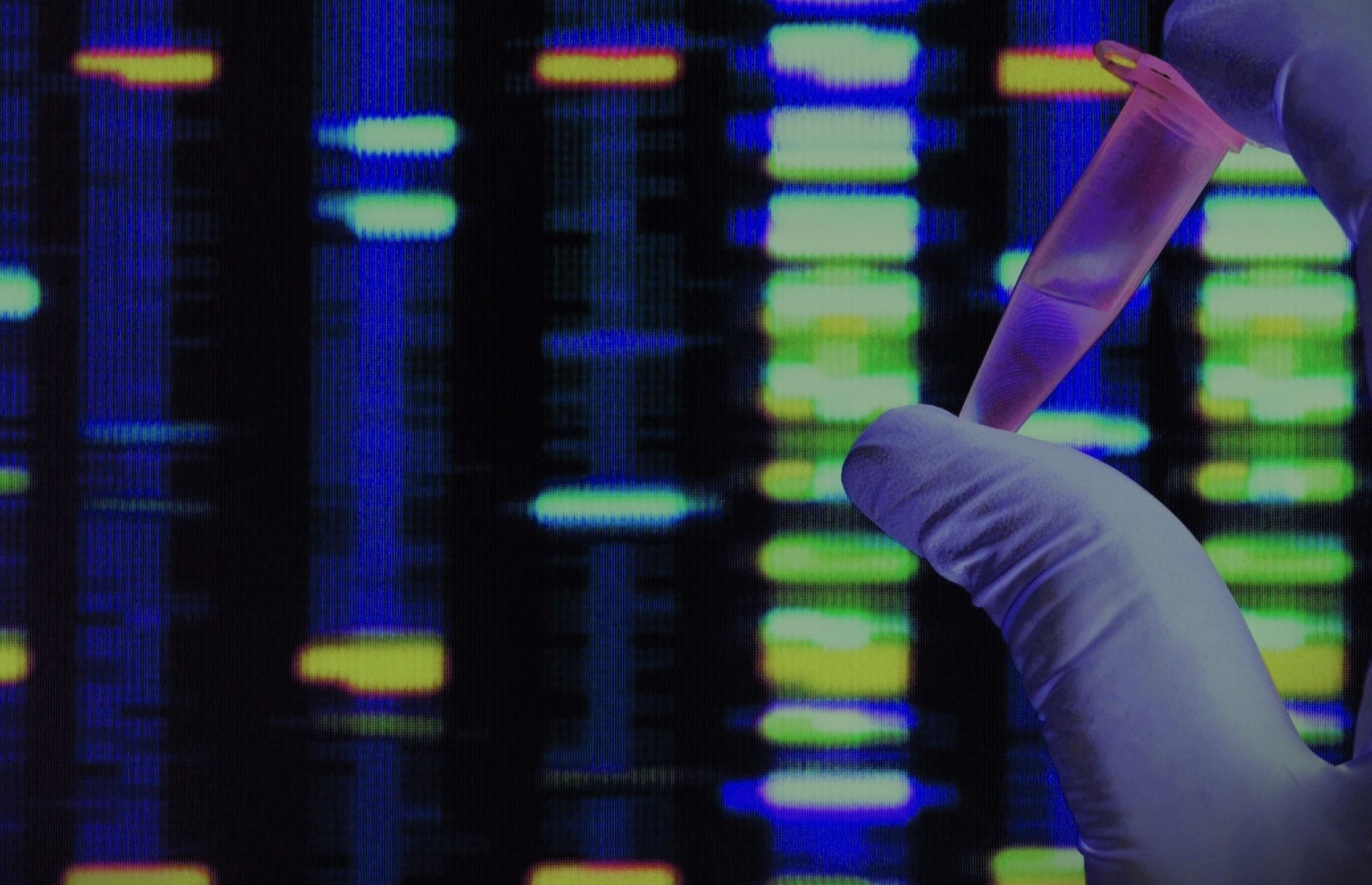
The Center for Biologics Evaluation and Research (CBER) of the U.S. Food and Drug Administration (FDA) updated its Guidance Agenda in June 2022,1 which provides that the agency plans to issue 18 guidance documents in 2022, including eight guidance documents on tissues and advanced therapies. In this alert, we highlight some key considerations from three draft guidance documents on human gene therapy products that incorporate gene editing (GE) components, chimeric antigen receptor (CAR) T cell products, and regenerative medicine therapies that can benefit biopharmaceutical developers and sponsors. Recognizing the challenges of developing such complex, multi-component biologic drug products, including unanticipated risks associated with on-target and off-target activities, these draft guidance documents describe the FDA's recommendations for preclinical and clinical testing, chemistry, manufacturing, and controls (CMC), as well as information that should be included in investigational new drug (IND) applications to ensure proper identity, potency/strength, quality, and purity of the investigational drug products. FDA recommends sponsors of such complex products to communicate with the Office of Tissues and Advanced Therapies (OTAT) in CBER early in product development before submission of an IND, to discuss the product-specific considerations in preparation for transitioning to the clinical phase.
FDA expects detailed information and data IND applications before sponsors can transition to clinical testing. We recommend biopharmaceutical developers and sponsors review the applicable FDA draft guidance documents early in their product development process to identify these needs. Work closely with both FDA regulatory counsel and intellectual property/patent counsel to ensure there is sufficient data to support an IND application, including adequate testing and quality control measures, and that CMC, preclinical, and clinical development plans are coordinated with intellectual property and patent strategies to ensure robust protection of their intellectual property and to maximize the benefits of their patents and FDA regulatory exclusivities. We also encourage interested persons to submit comments to shape the policies proposed in FDA's draft guidance documents prior to finalization.
Draft Guidance for Industry: Human Gene Therapy Products Incorporating Genome Editing2
- This guidance provides sponsors with recommendations for information that should be included in an IND application to support the safety and quality of an investigational GE product, including information on product design, manufacturing, testing, preclinical safety assessment, and clinical trial design.
- In general, plasmids or vectors that are administered and express GE components in vivo and are part of the final formulation are considered components of the drug product. In contrast, GE components used to modify cells ex vivo are considered critical components of the manufacture of the final drug product.
- General considerations include risks associated with off-target editing. Moreover, applicants should address potential unknown long-term effects of on- and off-target editing, the method used to change DNA sequence, type, and degree of genomic modification needed to achieve the therapeutic effect, and the delivery method of the GE components.
- CMC recommendations include disclosure of the sequences of the GE components in the IND, GE component optimization to reduce off-target genome modification, optimization strategy to mitigate or to inhibit degradation of certain GE components (e.g., guide RNA), and detailed description of quality control and quality assurance. This description should include a list of reagents used in CMC, and procedures for preventing, detecting, and correcting deficiencies.
- FDA recommends evaluating the sterility, identity, purity, and functionality of each GE component, as applicable. Stability studies should be conducted on all GE components, including lyophilized and reconstituted materials, as applicable.
- The IND application should include a detailed description of the manufacturing process and any in-process controls, including flow diagram(s), detailed narratives, and description of the testing plan to ensure the final drug product meets acceptable limits for identity, potency/strength, quality, and purity.
- For ex vivo-modified cells, testing should include testing plan for GE efficiency and specificity, e.g., degree of cleavage at on-target and off-target sites, residual GE components, chromosomal rearrangements, and total number of genome-edited cells, etc.
- For GE components administered in vivo, description of the plasmid or vector as well as any delivery components, such as nanoparticles, in the formulation of the drug product should be described in the IND. Include assays used to evaluate the efficiency of incorporation of each GE component into the nanoparticles, assays used to measure the ability of the GE components to perform genetic and downstream biological modifications in target cells, and potency testing in stability studies.
- Preclinical in vitro and in vivo proof-of-concept studies are recommended to establish feasibility, activity of GE product in target cell types, risks associated with administering the GE product in vivo and off-target activity, biodistribution studies, etc.
- Clinical studies should consider monitoring of off-target editing and outcomes of unintended consequences of on- and off-target editing, long-term follow-up of at least 15 years after product administration, impact of standard-of-care treatments received by subjects on the interpretation of safety or efficacy data, etc.
Draft Guidance for Industry: Considerations for the Development of Chimeric Antigen Receptor (CAR) T Cell Products3
- CAR T cells are regulated as a gene therapy product under FDA's existing framework for biological products. This includes human gene therapy products in which T-cell specificity has been genetically modified to recognize a specific target antigen to achieve a therapeutic purpose, as well as other genetically modified lymphocyte products, such as CAR Natural Killer cells or T cell receptor (TCR)-modified T cells.
- The guidance discusses general considerations for CAR T cell design and development, including vector design (e.g., non-integrating or integrating vectors), risks associated with delayed adverse events of vectors, especially integrating vectors, impact of other functional elements included in vectors on safety and efficacy, starting cellular materials, quality controls for fresh or cryopreserved products, etc.
- CMC recommendations include vector manufacturing and testing, collection, handling, and testing of cellular starting materials, in-process testing at relevant time points; CAR T cell analytical testing, flow cytometry during the manufacturing process; and vector copy number release criterion based on risk assessment (e.g., insertion site analysis and clonal dominance), identity testing (e.g., gene detection by PCR, expression by flow cytometry, and cell surface marker evaluation), potency testing (e.g., cell killing assay, transduction efficiency, and cytokine secretion assays).
- Preclinical recommendations include safety and activity testing of the vector component(s) and cellular component(s) of CAR T cells as well as in vivo testing, including use of animal models in proof-of-concept studies to assess functionality, in vitro and in vivo testing for T cell clonality, karyotypic analysis, specificity for antigens, on-target/off-target toxicities, cytotoxicity testing, etc.
- Clinical considerations include tissue-agnostic approach, target identification, treatment plan, impact of variations in transduction efficiency on dose calculation, staggered treatment approach to limit the number of subjects exposed to unanticipated risks, contingency plans for manufacturing delay or failure, clinical pharmacology considerations, safety evaluation, clinical monitoring, toxicity grading, long-term follow-up, etc.
- Consider labeling for CAR T cells, managing manufacturing changes, and assessing comparability during product lifecycle. Address any single-site and multi-site manufacturing considerations (e.g., comparability across different sites, multi-site testing), etc.
Draft Guidance for Industry: Voluntary Consensus Standards Recognition Program for Regenerative Medicine Therapies4
- Regenerative medicine therapies (RMTs) include allogeneic and autologous cell therapies, human gene therapies, such as genetically modified cells, therapeutic tissue engineering products, human cell and tissue products, and combination products using any such therapies or products. There is an exception for products regulated solely under section 361 of the Public Health Service Act (42 U.S.C. 264) and 21 CFR Part 1271.
- This draft guidance describes a standards recognition program for RMTs (SRP-RMT), which is designed to identify and recognize Voluntary Consensus Standards (VCS) to facilitate the development and assessment of RMT products regulated by CBER and to make the requirements more predictable for biopharmaceutical developers and sponsors.
- Use of VCS is voluntary and can help stakeholders meet the FDA's regulatory requirements more efficiently. Under this program, the FDA intends to maintain a list of VCS that have been recognized (either whole or in part) by CBER/OTAT on the FDA Regenerative Medicine website. The link, while not yet active, will be at https://www.fda.gov/vaccinesblood-biologics/standards-development-regenerative-medicine-therapies. This website will be updated twice a year.
- Any stakeholder can request recognition of a specific VCS by submitting the required information set forth in the guidance to SRP-RMT@fda.hhs.gov. CBER intends to make a decision on recognition (complete or partial) or non-recognition of the VCS within 180 days from the date the request is received.
Stakeholders have until September 14, 2022, to submit comments to this draft guidance to ensure they are considered by FDA before finalization of the guidance.
For More Information
For questions regarding FDA strategy, approval, and regulatory compliance, please contact any member of Wilson Sonsini's FDA regulatory, healthcare, and consumer products practice. For questions regarding intellectual property and patent counseling, please contact any member of Wilson Sonsini's patents and innovations practice.
Paul Gadiock and Eva Yin contributed to the preparation of this Wilson Sonsini Alert.
[1] FDA, Guidance Agenda: Guidance Documents CBER is Planning to Publish During Calendar Year 2022 (Updated June 2022), available at https://www.fda.gov/media/120341/download.
[2] FDA, Draft Guidance for Industry: Human Gene Therapy Products Incorporating Genome Editing (March 2022), available at https://www.fda.gov/media/156894/download.
[3] FDA, Draft Guidance for Industry: Considerations for the Development of Chimeric Antigen Receptor (CAR) T Cell Products, available at https://www.fda.gov/media/156896/download.
[4] FDA, Draft Guidance for Industry: Voluntary Consensus Standards Recognition Program for Regenerative Medicine Therapies (June 2022), available at https://www.fda.gov/media/159237/download.
Contributors
- Privacy Policy
- Terms of Use
- Accessibility
